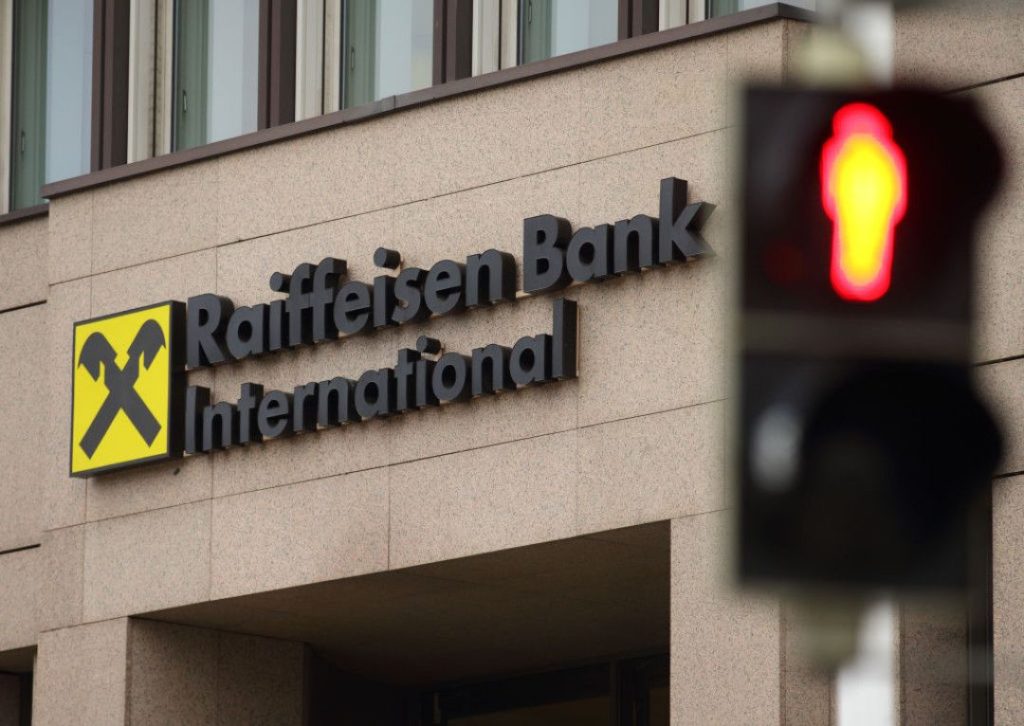The Financial Times reported that the largest Western banks operating in Russia paid 800 million euros in taxes to the Russian budget in 2023, which is four times more than before the country’s invasion of Ukraine. Despite facing heavy sanctions and a 90% decrease in profits in the aftermath of the invasion, the Russian banking industry has rebounded significantly. State-owned Sberbank reported a record annual profit of $16.3 billion in 2023, a five-fold increase compared to 2022. European banks with the largest assets in Russia, including Raiffeisen Bank International, UniCredit, and Deutsche Bank, reported combined profits of over 3 billion euros in 2023, three times more than in 2021. This growth in profitability has been partly attributed to restrictions on funds that these banks cannot withdraw from Russia due to sanctions.
In addition to European banks, U.S. lenders such as Citigroup and JPMorgan have also contributed to the Russian budget through taxes. The taxes paid by these foreign banks in Russia are equivalent to about 0.4% of all expected non-energy Russian budget revenues for 2024, according to the Financial Times. This influx of tax revenue from foreign companies remaining in the country despite sanctions has helped the Kremlin maintain financial stability. The growth in profits of European banks in Russia has been significant, driven in part by the restrictions on fund withdrawals and the resilience of the Russian banking industry following the invasion of Ukraine.
Meanwhile, Reuters reported that Chinese banks are limiting payments for transactions with Russia due to concerns about U.S. sanctions. Major Chinese banks have been ‘going underground’ on Russia payments, according to trading and banking sources familiar with the matter. This move by Chinese banks reflects the escalating global impact of sanctions and geopolitical tensions, with financial institutions taking precautionary measures to avoid any potential fallout. The restrictions imposed by Chinese banks highlight the challenges faced by countries and businesses operating in Russia amid international pressure and economic uncertainties.
The story of foreign banks paying taxes to the Russian budget amidst geopolitical tensions and sanctions sheds light on the complex web of economic interconnections in the global financial system. While some banks continue to operate and thrive in Russia despite the political climate, others are taking precautions to avoid potential repercussions. The actions of Western and Chinese banks in response to the situation in Russia illustrate the delicate balance between economic interests and political considerations. As the dynamics of the global economy continue to evolve, the role of financial institutions in shaping international relations and sustaining financial stability becomes increasingly significant. The impact of geopolitical events on the banking sector underscores the need for a nuanced understanding of the interconnectedness of economic and political factors in the modern world.


